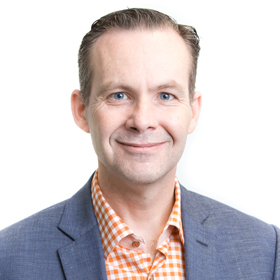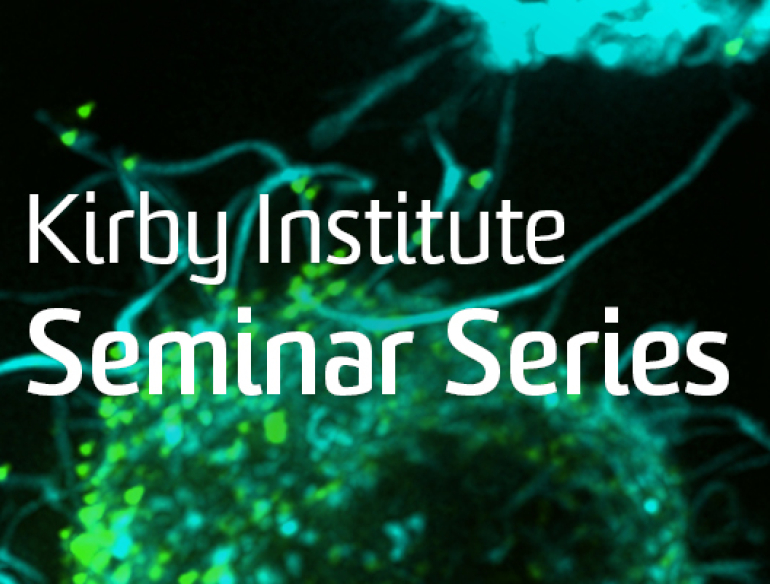Location:
Berg Family Foundation Seminar Room, Level 6, Wallace Wurth Building, Kensington Campus, UNSW Sydney
Contact for enquiries
Rata Joseph, +61 (2) 9385 0900 or recpt@kirby.unsw.edu.au
Kirby Institute Seminar Series presents
 |
Adjunct Associate Professor Darryl O’Donnell Chief Executive Officer, Australian Federation of AIDS Organisations (AFAO) |
About your speaker
Darryl O’Donnell is the Chief Executive Officer of the Australian Federation of AIDS Organisations (AFAO). AFAO leads Australia’s national effort to end HIV and supports stronger civil society responses to HIV in Asia and the Pacific. He has 25 years’ experience working in HIV community, research and public sector roles. From 1999 to 2013, he worked for the NSW Government, including as the Director responsible for statewide HIV, STI and viral hepatitis policy and programs. He joined AFAO in early 2016. In addition to his community roles he holds an Adjunct appointment as Associate Professor at the University of NSW.
Abstract
Charles Dickens’ masterpiece, A tale of two cities, invites us to into a world of duality and contrast—“the best of times and the worst of times... everything before us... nothing before us”. A Dickensian world in every sense. Light and darkness. Good and evil. Hope and despair.
It is no longer the time of Dickens, but the sharpening contrasts in our domestic response to HIV are hard to ignore. The opportunities we have in our response to HIV are unprecedented, as are the gains being made, at least in NSW, for some. Community mobilisation and know-how, prevention and diagnostic technologies and effective treatment, good primary health care and a sophisticated evidence-base and understanding of our epidemic have created a new theoretical possibility: that we might end HIV transmission in Australia.
This possibility creates the greatest duality in our national response: our ability to imagine and hope for an end to HIV transmission and the realities and conditions within which such possibilities lie. In paper I explore the ‘virtual’ within ‘virtual elimination’—highlighting gaps in funding, evidence and political ambition and will—and consider the prospects for better conditions that might allow such possibilities to, virtually, be realised.
